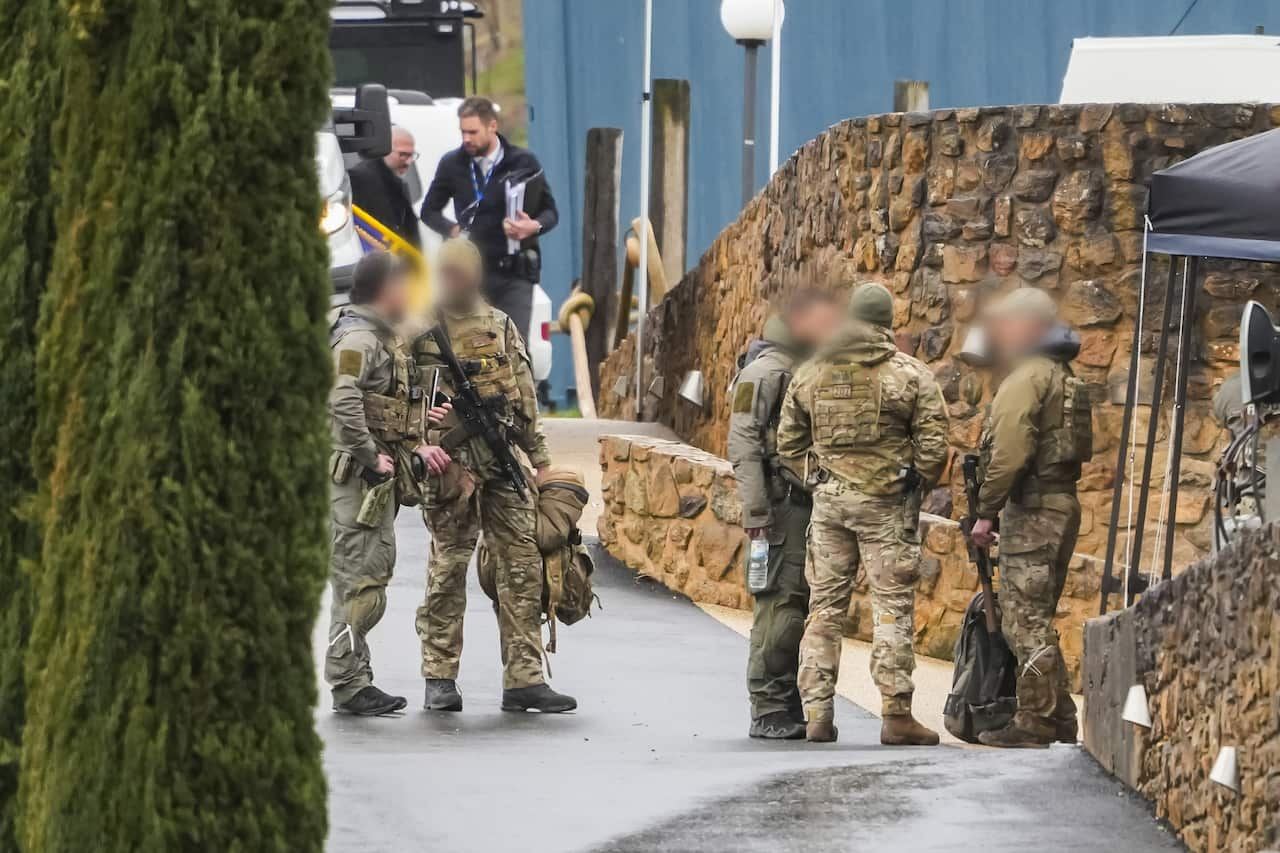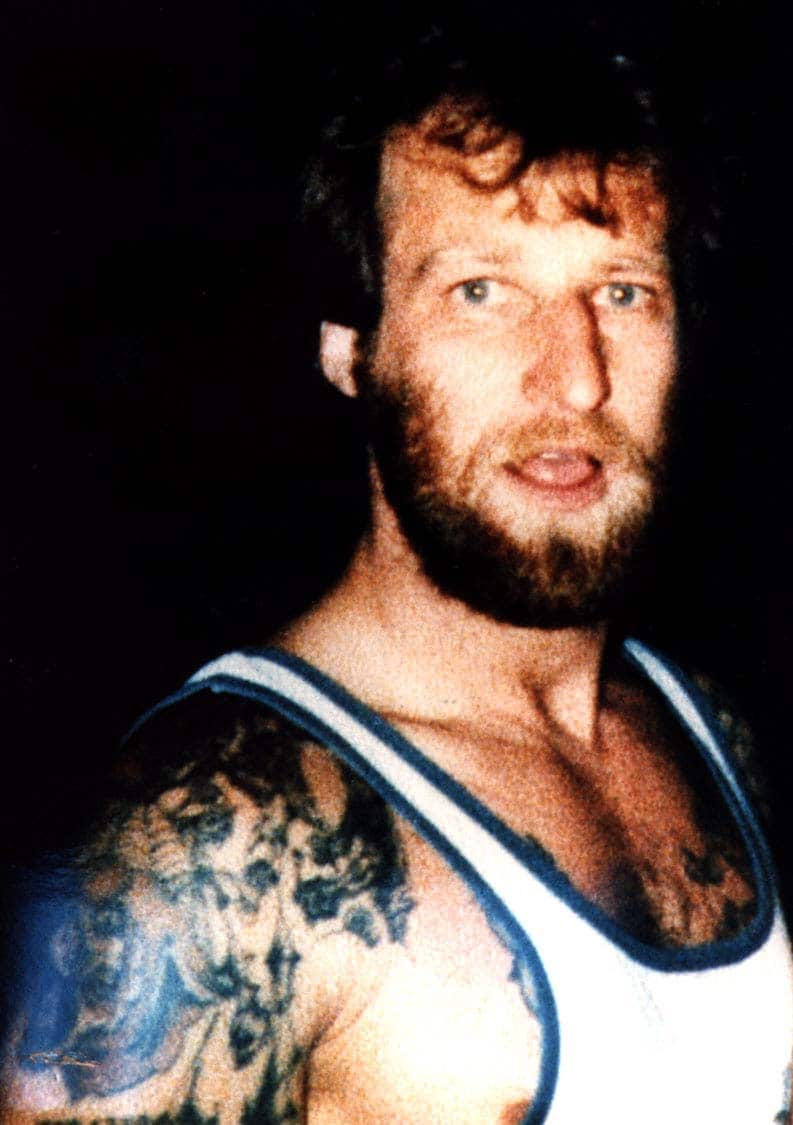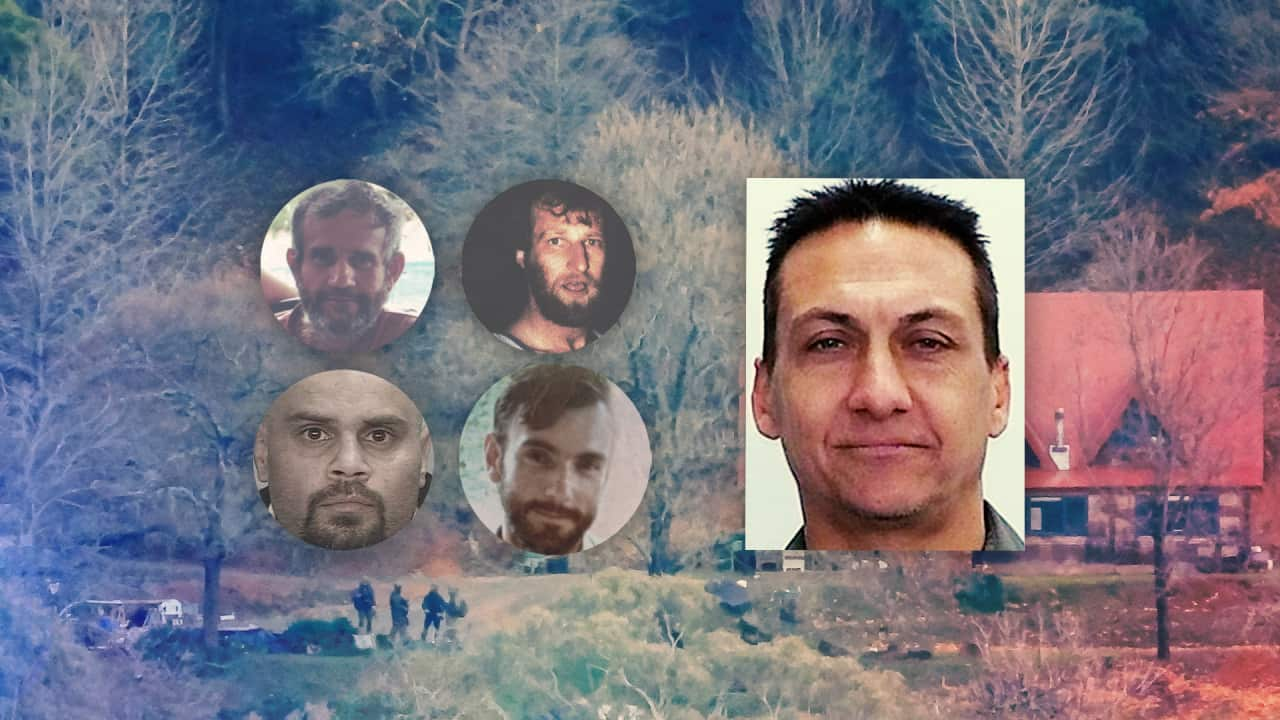Despite weeks of intensive efforts and a $1 million reward for information leading to his arrest, alleged police killer Dezi Freeman has continued to evade arrest and experts say police may continue to wind down the search.
Freeman escaped into bushland on 26 August after officers Neal Thompson and Vadim De Waart were shot dead as they and other officers served a search warrant at his home in Porepunkah, 300km north-east of Melbourne.
Thompson, 59, was just a week away from retiring, while De Waart, 34, was on temporary assignment to the area.
The hunt for 56-year-old Freeman is the largest tactical operation in Australian history and has pooled significant efforts from police forces across the country, as well as the Australian Federal Police and the army.

Terry Goldsworthy, an associate professor of criminology and former detective inspector with Queensland Police Service, told SBS News he can't recall an operation with the same amount of resources coordinated to find a single offender.
"To put it in perspective, when I was in the CIB at Burleigh Heads — the Criminal Investigation Branch on the Gold Coast — if we had a murder and we were looking for someone, we might have a dedicated team of say 20 police officers looking," Goldsworthy said.
Goldsworthy said the deployment of hundreds of officers to capture Freeman is unprecedented but understandable due to the nature of his alleged crimes.
"He is armed, he's obviously dangerous and he's on the run, so that's a live threat the police need to react to."
A 'primal' search
Police say they are using "every available resource and necessary skills" to locate Freeman.
After the shootings, tactical police were deployed to the area.
Dr Vincent Hurley, a criminology lecturer from Macquarie University and former police officer and detective with the NSW Police Force, told SBS News these specialist officers commonly have a military background and are trained by the Australian Defence Force in bushcraft skills.
"They know their mapping skills, they know how to use a compass. It's a really primal type of searching that they do because they know that crime doesn't just happen within the Sydney metropolitan or Melbourne metropolitan. Crime happens out in the bush and rural and remote communities all the time," he said.
Interstate police have also provided extra resources for what Hurley said is "exhausting" work.
Tactical police deployed on this search need to carry supplies for significant stretches of time, creating heavy loads that need to be carried over difficult terrain. In addition to this, areas are likely being retraced through searches conducted in methodical patterns known as grids — where police search in criss-crossing lines — or spirals, where they move inwards towards a central point.
"The fact that there is interstate help means that the police could be rotated through. They could go home, have a good meal, have a good sleep, get a couple days off and then go back," Hurley said.
"If it was just reliant on the Victorian police, they would get pretty fatigued pretty quickly.
On Thursday, Victoria Police said they had been searching the Mount Buffalo National Park as part of their ongoing efforts to locate Freeman.
Nearly 100 officers from the specialist Public Order Response Team, which responds to public safety incidents and emergency situations, were also brought in to conduct an extra sweep of the area.
Specialist cadaver search dogs from Queensland Police have also been brought in.
Major Australian manhunts
While the operation to find Freeman is the biggest manhunt in Australia to date in terms of resources, it is far from the longest.
Queensland man John Bobak, suspected of the murders of Peter Wade and Maureen Ambrose on the Gold Coast in 1991, has now been on the run for over 30 years.
There are conflicting reports about whether Bobak (who would now be in his mid-70s) is still alive but police say his extensive criminal network would have likely helped him evade police.
Goldsworthy, who had some close dealings with the Bobak case years after the murders, said police still look at the case occasionally but the information trail is "extremely cold these days".

In 2017, father and son Gino and Mark Stocco were sentenced to 40 years in prison for a crime spree including the murder of 68-year-old Rosario Cimone in country NSW after spending the previous eight years on the run from police for property offences and other crimes.
There have also been cases of convicted criminals who have evaded police after escaping from prison.
For example, Brenden Abbott — known as the 'postcard bandit' — escaped Western Australia's Fremantle prison in 1989 and evaded police arrest until 1995. He later escaped Sir David Longland prison in Queensland in 1997 and spent about a year on the run before being captured again.
Darko Desic, who escaped Grafton Correctional Centre in northern NSW 1992, surrendered to the police in 2021 after nearly 30 years on Sydney's northern beaches working as a builder and handyman for cash. He was originally sentenced to a maximum of three years in 1990 for growing marijuana and drug supply.
However, Hurley said the manhunt for Malcolm Naden in NSW is the most comparable to the search for Freeman due to the charges, as well as the alleged killer's capability in bushland.
Naden was wanted for the murder of Lateesha Nolan and Kristy Scholes as well as the aggravated indecent assault of a 15-year-old girl and evaded capture for nearly seven years before being captured on 22 March 2012.
"The big difference is that [Naden] had a couple of days' head start on the police. The police at the time didn't know who they were looking for after he murdered two people in NSW," Hurley said.
"He was hidden by various friends and communities he knew throughout NSW."
Nearing the end of Naden's time on the run, police discovered one of his campsites in central NSW and Naden shot a police officer in the shoulder during the operation. However, it took another three months to capture him in the Upper Hunter region.
Naden was sentenced to life imprisonment plus 40 years without parole for his crimes.
Winding down the search
At the height of the search for Freeman, around 400 officers were out looking for him, however that number has since been scaled back to about 200.
Goldsworthy said that unless Freeman is found, police will be forced to continue scaling back the search on the ground.
"It will get to a point in time where they've cleared a large area where they've searched, they haven't found him and the prospect is he may have got out of that area. And if that's the case, that's probably the time you're going to reduce resources because there's only a finite area that you can really saturate with police and hold down," Goldsworthy said.
Hurley said while police will not call off the search until he is found, the manhunt will be downgraded eventually but it is unclear how much it will be scaled back and how long police will keep searching with the current amount of resources.
Taking into account Freeman's ideology as a so-called sovereign citizen, Hurley said he may "want to make a point" by evading capture for as long as possible.
Freeman has a long history of issues with authority, calling police "terrorist thugs" according to court documents.
"The outcome will be really interesting. I just hope for the sake of the families that they get him before the court so they can ask him why and give them closure," Hurley said.
For the latest from SBS News, download our app and subscribe to our newsletter.

